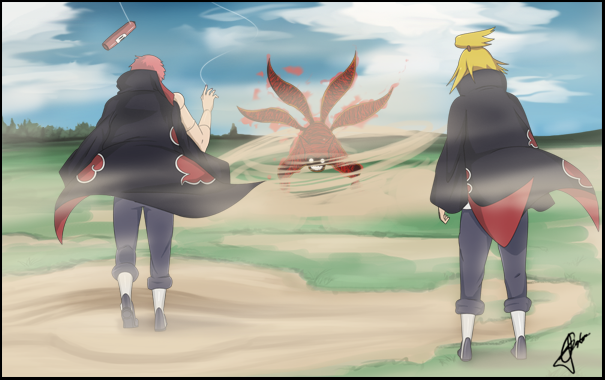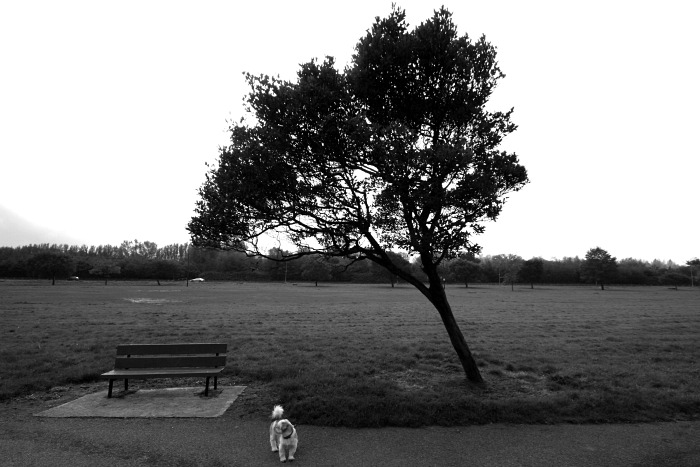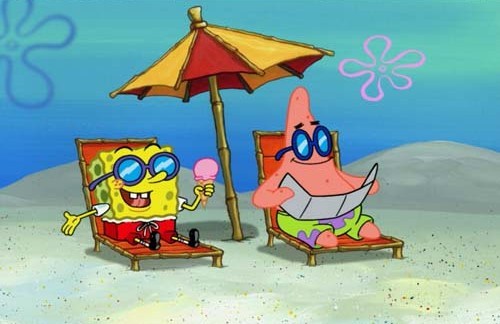 |
| illustration |
1. Do it with your friends. It will be different if you have friend.
2. Choose the program that you like. There is a lot of sport activity that you can choose, running, jogging, swimming, aerobic, martial arts, body building, soccer, basket ball etc. I myself prefer body building, so choose that you like and you will enjoy.
3. Make a schedule. It will easy for you if the program is include in your daily activity. If you do it continually that will be a part of your life. Nice hah?
4. Start it slowly. It means step by step. You can begin a jogging program once a day for 30 minutes in a week and escalate in next week, for example once a day for 60 minutes.
5. Don’t forget a warming up. Do it warming up to decrease an injury possibility.
Selengkapnya/Read more>>
Posted by:
Mustacchio
0
comments
Categories:
exercise program,
features,
health,
sports






